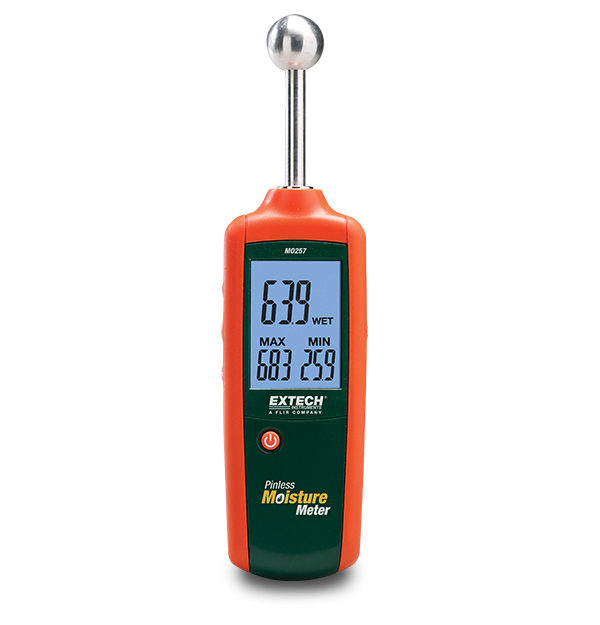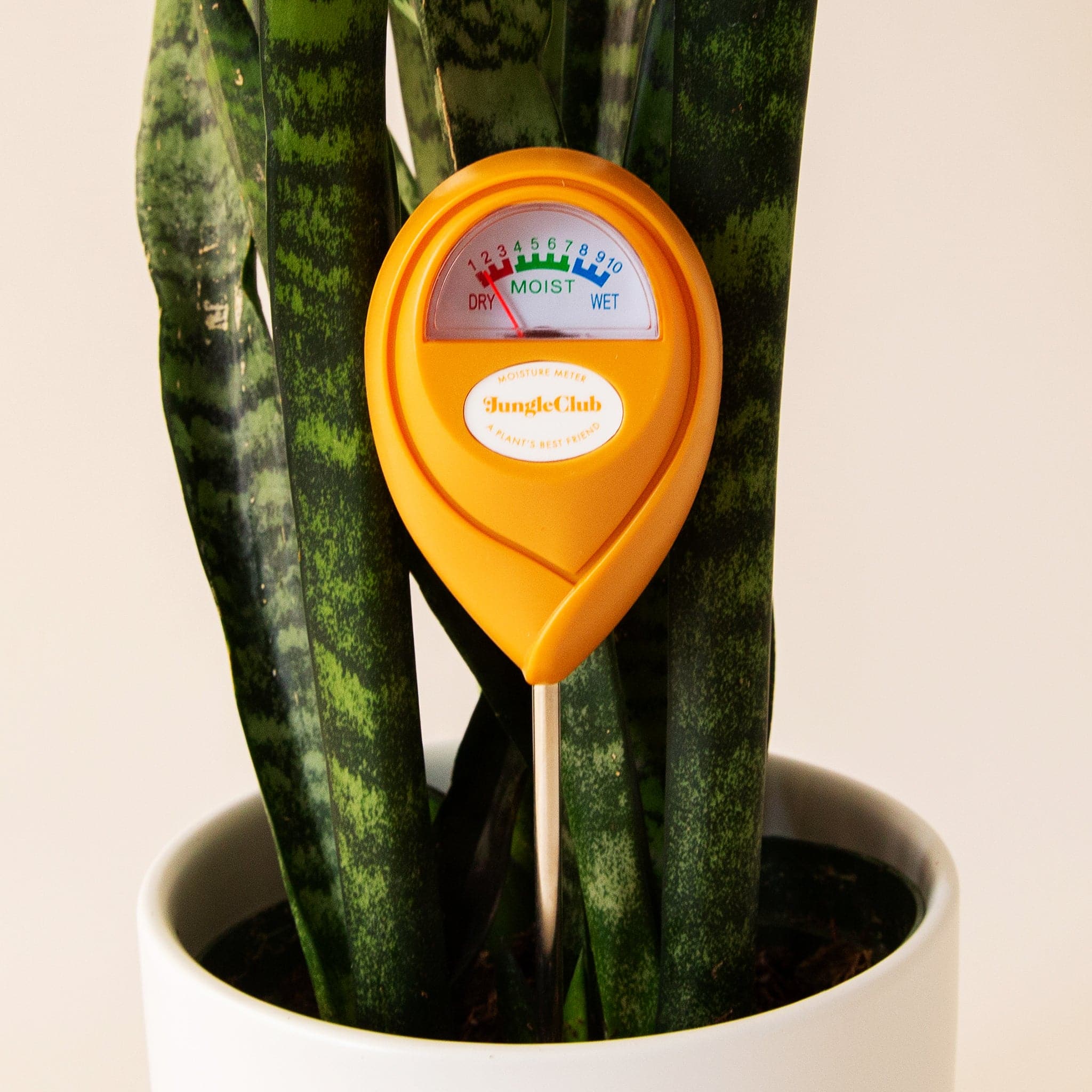Leading 10 Benefits of Using a Moisture Meter for Definite Measurements in Your Home
Leading 10 Benefits of Using a Moisture Meter for Definite Measurements in Your Home
Blog Article
The Ultimate Overview to Wetness Meters: A Comprehensive Overview and Just How They Can Conserve You Money
Wetness meters offer as essential devices in spotting and checking moisture material in products, assisting in preventing costly problems and making certain the quality of products. Comprehending the subtleties of various kinds of moisture meters, their applications, and the possible cost-saving benefits they provide can be a game-changer for experts and services alike.
Kinds Of Dampness Meters
Different kinds of dampness meters are available for various applications in different markets. One usual kind is the pin-type dampness meter, which gauges the electric resistance between 2 pins placed right into a product. This kind is ideal for timber, drywall, and other building products. Pinless dampness meters, on the various other hand, usage electro-magnetic sensor plates to scan a larger area without causing damage to the product's surface area. Moisture Meter. These meters are excellent for quickly evaluating moisture levels in huge locations such as wall surfaces and floorings.

Furthermore, there are additionally specialty wetness meters made for certain materials like grain, soil, or hay. These meters supply accurate wetness readings tailored to the distinct residential properties of the material being examined. Infrared wetness meters gauge the thermal residential properties of a material to determine its wetness content non-invasively, making them useful for applications where pin or pinless meters may not appropriate. Recognizing the different kinds of moisture meters offered can aid markets choose one of the most appropriate tool for their details moisture measurement requirements.

Advantages of Utilizing Dampness Meters
Moisture meters use invaluable advantages in precisely keeping an eye on and assessing wetness degrees in varied products and environments (Moisture Meter). One of the main benefits of making use of dampness meters is the prevention of prospective damage triggered by excess dampness. By detecting and addressing high moisture levels early, dampness meters aid to stop mold development, rot, and structural damage in structures, conserving both money and time on repairs. Additionally, moisture meters aid in guaranteeing the high quality of materials during construction or manufacturing processes. By properly determining wetness material, these tools help maintain the stability of timber, drywall, concrete, and various other products, reducing the risk of issues or failings.
Moreover, using wetness meters can lead to raised energy effectiveness. In farming setups, dampness meters play a critical function in maximizing crop yields by making it possible for farmers to monitor soil wetness degrees and make educated irrigation decisions.
Exactly How to Pick the Right Moisture Meter
When selecting a moisture meter, it's important to ensure that the meter website here is ideal for the certain product you will certainly be screening. Different products have varying electrical homes that can impact wetness readings, so selecting a meter designed for your product is important for precise results. By thoroughly evaluating these variables, you can select a moisture meter that satisfies your needs and supplies accurate dampness measurements for your tasks.
Proper Strategies for Moisture Meter Use

Expense Savings With Wetness Meter Applications
Exactly how can the tactical application of wetness meters lead to considerable cost savings across different industries? In the farming market, moisture meters aid click for source in establishing the optimum time for collecting crops, stopping excess or over-drying wetness that can influence the last product's top quality.
Similarly, in construction, dampness meters help prevent pricey damages by finding dampness levels in structure products, such as timber or concrete, which can result in architectural problems otherwise dealt with read this article promptly. By determining problem areas early on, professionals can take restorative procedures to prevent comprehensive repair services or replacements, ultimately saving time and cash.
Moreover, in the food processing market, dampness meters are crucial for keeping track of product quality and ensuring conformity with security guidelines. By precisely determining wetness content in food, producers can stop spoilage, keep freshness, and decrease waste, causing significant cost savings. On the whole, the calculated application of moisture meters is a useful financial investment that can bring about considerable expense decreases and improved efficiency throughout different industries.
Conclusion
In conclusion, moisture meters are beneficial devices for gauging and detecting moisture degrees in different materials. By using the best dampness meter and complying with appropriate strategies, individuals can efficiently stop expensive problems triggered by excess moisture.
Dampness meters serve as indispensable tools in spotting and monitoring moisture material in products, aiding in stopping expensive problems and guaranteeing the high quality of items. Infrared moisture meters determine the thermal homes of a product to determine its dampness content non-invasively, making them beneficial for applications where pin or pinless meters might not be ideal.Moisture meters provide very useful advantages in accurately examining and checking dampness degrees in diverse materials and environments. In agricultural settings, moisture meters play a crucial role in maximizing crop yields by allowing farmers to keep track of dirt wetness degrees and make notified irrigation decisions.In final thought, wetness meters are beneficial tools for discovering and measuring dampness levels in various products.
Report this page